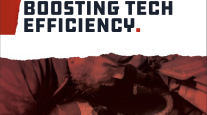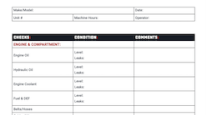Caterpillar Avoided $2.4 Billion Tax With Swiss Subsidiary, Senate Probe Finds

Caterpillar Inc. avoided paying $2.4 billion in U.S. taxes by shifting profits from a parts business to a subsidiary in Switzerland, according to a report released by a Senate investigative committee.
The world’s largest maker of construction and mining equipment made a “paper change” starting in 1999 that made the profits of the subsidiary subject to a Swiss tax rate as low as 4%, said Sen. Carl Levin (D-Mich.), who will question company executives at an April 1 hearing.
“Nothing changed in the real world after that except Caterpillar’s tax bill,” Levin told reporters March 31. “Caterpillar waved a magic wand to make billions of dollars in U.S. taxes disappear.”
The report makes the point that offshore profit-shifting by U.S. corporations goes beyond the intellectual property maneuvers of technology companies such as Apple Inc. and Microsoft Corp. that have been the subjects of past hearings by Levin and scrutiny from governments in Europe.
According to the report, Caterpillar was able to take a profitable U.S.-based business, change little if anything about its operations and locate it in Switzerland for tax purposes.
The tax structure saves Caterpillar, which is based in Peoria, Ill., about $300 million a year, or 7.9% of 2013 net income.



